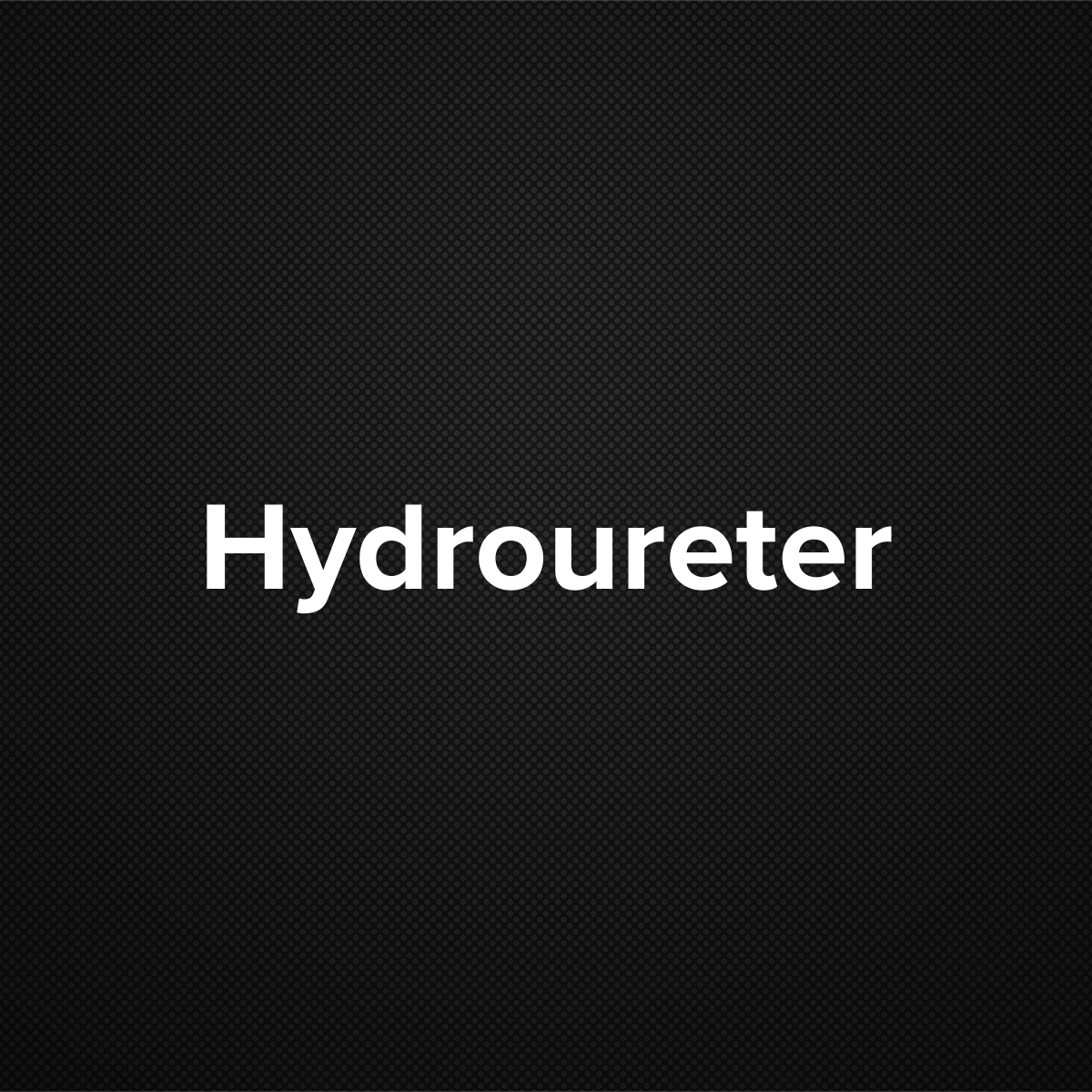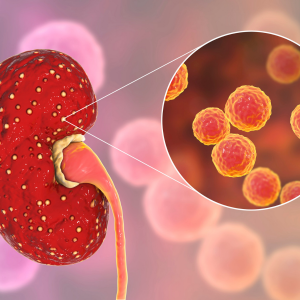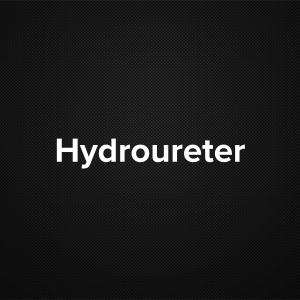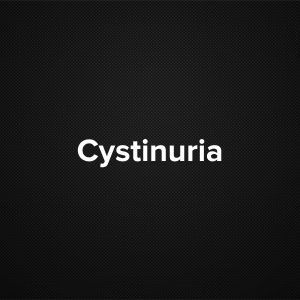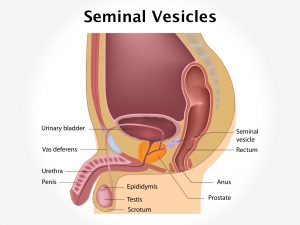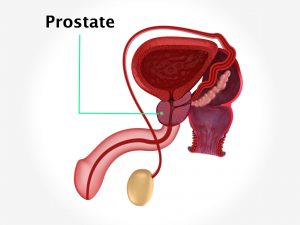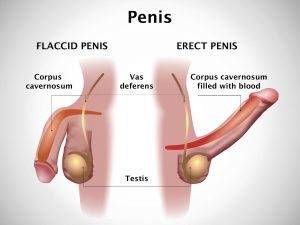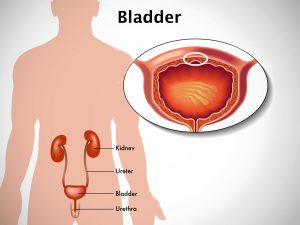Causes and risk factors
Ureters are tubes that carry urine from kidneys to the bladder. The common cause of hydroureter is obstructive lesion at the vesicoureteric junction or at the bladder neck. Vesicoureteric reflux can also cause hydroureter. Kidney stones, blood clots, tumor can also cause hydroureter. The ureters become tortuous and give an appearance of multiple cysts. There may be associated hydronephrosis.
Clinical presentation
Patient presents with abdominal pain. The pain is severe or dull, aching pain. Pain is radiating towards groin. There is difficulty in micturition. Dribbling of urine is experienced. Patient may experience pain while urination. Nausea, vomiting, and fever may occur. Untreated hydroureter can lead to complications like hydronephrosis and renal damage.
Investigation
Medical history by the patient and clinical examination by the doctor helps in diagnosis. USG of abdomen is advised. Blood test is done to check for infection. Excretory urography is recommended. Retrograde pyelography, antegrade pyelography, isotope renography is advised. Micturating cystourethrography may be required.
Treatment
The treatment is aimed to reduce the pain and prevent infection. It depends on the underlying cause. Treatment includes oral alkalinization therapy, steroid therapy. Surgery may be needed in some cases which is done by ureteroscopy and putting a stent in place.
Other Modes of treatment
The other modes of treatment can also be effective in treating hydroureter. Homoeopathy is a science which deals with individualization and considers a person in a holistic way. This science can be helpful in combating the symptoms. Similarly, the ayurvedic system of medicine which uses herbal medicines and synthetic derivates is also found to be effective in treating hydroureter.
